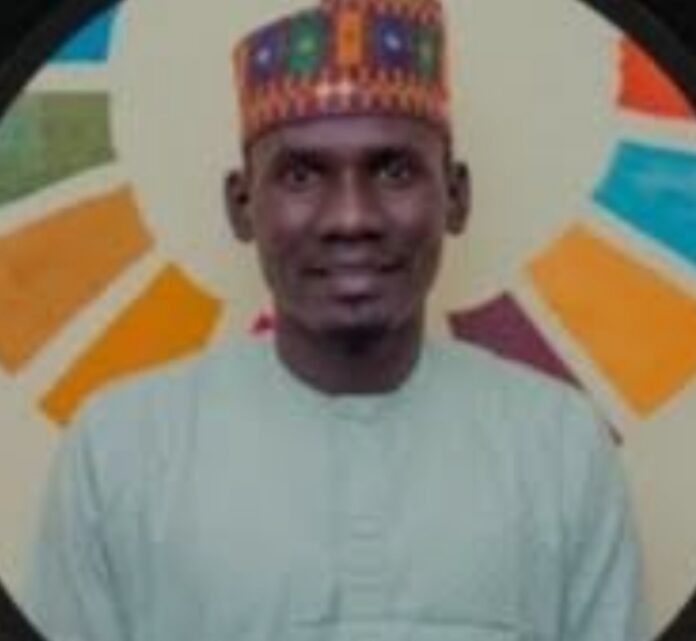The Lake Chad Niamey Conference is over now, what next for the region?, by Baba Abdullahi Machina
It is imperative to note that the Lake Chad Niamey Conference builds on the efforts that have been made following commitments from the two previous conferences outside the region- the 2017 Conference in Oslo the capital city of Norway and the 2018 Conference in Berlin Germany. The 2017 Conference in Oslo marked the first time that the international community came together to address the crisis in the Lake Chad Basin region, and it resulted in several commitments to provide humanitarian assistance and support for peace-building efforts. This was followed by the 2018 Conference in Berlin which built on these commitments, with a renewed focus on addressing the root causes of the crisis and strengthening the resilience of affected communities.
The 2017 and 2018 conferences set the stage for the Niamey conference by highlighting the need for a comprehensive and coordinated approach to addressing the crisis in the Lake Chad Basin region. The Niamey conference specifically emphasized the importance of locally-led initiatives and the need to address the root causes of the crisis, such as poverty, climate change, and violent conflict, as well as on the rights and needs of internally displaced persons and refugees. To follow through on these commitments, it will be essential for the international community and the governments of the Lake Chad Basin countries to work together in a coordinated and sustainable manner. This includes ensuring that the $500 million announced at the conference is disbursed in a timely and effective manner and that it is directed towards locally-led initiatives that will have the greatest impact on the ground. It also requires a multi-faceted approach that includes economic development, social services, and peace-building efforts.
Additionally, it’s important to ensure that the rights and needs of internally displaced persons and refugees are respected and protected. This includes ensuring that they have access to basic services such as food, shelter, and healthcare, as well as providing them with the support they need to return home or to rebuild their lives in a new location.
Conclusively, the Lake Chad Niamey Conference is the latest effort in a series of conferences that have been held in the past outside the region to address the crisis in the Lake Chad Basin region as the conference builds on the commitments made in the previous conferences and emphasizes the importance of a comprehensive and coordinated approach, locally-led initiatives, addressing root causes, and protecting the rights and needs of internally displaced persons and refugees. Though there has been a concerted effort to return the IDPs to their respective home by the Borno State government in Nigeria, the state that shared borders with the Lake Chad Basin countries of Niger, Cameroun and Chad and was badly affected by the Boko Haram crisis that separated across the region and created Humanitarian crisis and insecurity and posed a greater threat to the stability of the region, economically, socially and politically in last eleven years of the crisis and such the real test will be how the commitments made at the conference are translated into concrete actions that will make a difference in the lives of the people affected by the crisis in the region and it is worth noting that the Conference has been a step forward in addressing the crisis in the region. But it is only the beginning as the international community must ensure that resources are directed to where they are needed most, address the root causes of the crisis, and respect the rights and needs of internally displaced persons, and refugees in the region and only by working together in a coordinated and sustainable manner can we hope to bring lasting stability to the region and improve the lives of millions of people affected by the crisis and ultimately. The success of the conference will be measured by the impact it has on the lives of the millions of people affected by the crisis in the Lake Chad Basin region. Therefore, the international community and the governments of the region must now work together to turn the commitments made at the conference into action, and to ensure that the humanitarian and social-economic needs of the people of the region are met holistically.
Baba Abdullahi Machina writes from Machina and can be reached via babamachina1990@gmail.com.
Follow the Neptune Prime channel on WhatsApp: https://whatsapp.com/channel/0029Va74ZvU2v1IqKByXoX3d
Do you have breaking news, interview request, opinion, suggestion, or want your event covered? Email us at neptuneprime2233@gmail.com


